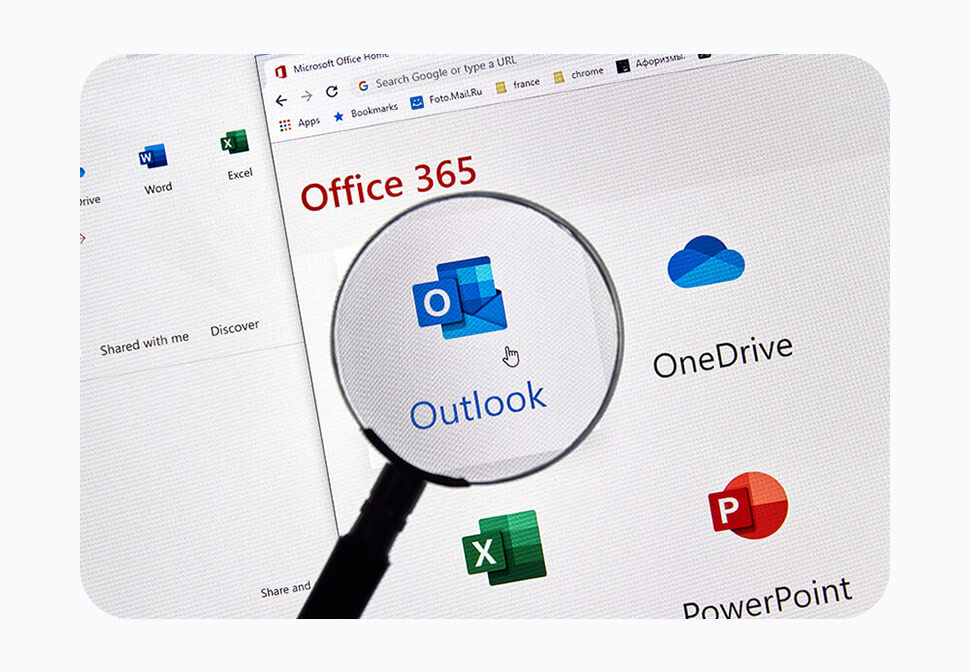In today’s digital landscape, cybercriminals wield sophisticated tools and strategies to infiltrate systems and compromise sensitive data. However, it is often the lax cybersecurity practices within organisations that provide cybercriminals with the opportunities they need to breach security defences. This vulnerability is especially pronounced in small and mid-sized businesses (SMBs), where cybersecurity is frequently thought of as a lower priority.
The Common Misconceptions of SMBs
Small business owners often find themselves fully engrossed in growing their companies, which can lead to overlooking the critical importance of cybersecurity. There are several misconceptions that contribute to this oversight:
1. Underestimating the Threat
Many SMBs mistakenly believe that their size makes them insignificant targets for cybercriminals. However, this perception is flawed. Cybercriminals often view small businesses as easy targets, assuming that they lack the resources or expertise to defend against cyberattacks. It’s essential to recognise that no business is too small to be targeted, making proactive cybersecurity measures imperative.
2. Neglecting Employee Training
SMBs frequently neglect to provide cybersecurity training to their employees, assuming that caution in the digital realm should be inherent. Nevertheless, the human factor remains a significant source of security vulnerabilities. Employees may inadvertently fall victim to phishing attempts, use weak passwords, or succumb to social engineering tactics employed by cybercriminals. Proper staff training can mitigate these risks by helping employees recognise threats and understand best practices.
3. Using Weak Passwords
Weak passwords are a prevalent security vulnerability within small companies. Employees often use easily guessable passwords and reuse them across multiple accounts, leaving sensitive company information exposed to potential hackers. Encourage the adoption of strong, unique passwords and implementing multi-factor authentication (MFA) wherever possible to enhance security.
4. Ignoring Software Updates
Neglecting to keep software and operating systems up to date is another common mistake. Cybercriminals frequently exploit known vulnerabilities in outdated software to gain unauthorised access. SMBs should regularly update their software, including operating systems, web browsers, and antivirus programs, to patch known security flaws.
5. Lacking a Data Backup Plan
Small companies may not have formal data backup and recovery plans in place, assuming that data loss won’t affect them. However, data loss can occur due to various factors, including cyberattacks, hardware failures, or human errors. Regularly backing up critical data and testing these backups ensures a swift recovery in case of data loss.
6. No Formal Security Policies
Small businesses often operate without clear security policies and procedures. This lack of guidance can leave employees unaware of essential security practices, such as handling sensitive data, using company devices securely, or responding to security incidents. Establishing formal security policies and effectively communicating them to all employees is crucial.
7. Ignoring Mobile Security
With the increasing use of mobile devices for work, mobile security has become paramount. Small companies often overlook this aspect of cybersecurity. Implementing mobile device management (MDM) solutions can enforce security policies on company- and employee-owned devices used for work-related activities. Using Microsoft Intune, this is a very easy process (if you know what you’re doing!).
8. Failing to Regularly Monitor Networks
SMBs may lack dedicated IT staff to monitor their networks for suspicious activities, resulting in delayed detection of security breaches. Installing network monitoring tools or outsourcing network monitoring services can help businesses promptly identify and respond to potential threats. We have specialised teams to manage your networks, allowing SMBs to run secure networks.
9. No Incident Response Plan
In the event of a cybersecurity incident, SMBs without an incident response plan may find themselves unprepared and responding ineffectively. Developing a comprehensive incident response plan that outlines the necessary steps, communication procedures, isolation protocols, and a clear chain of command is essential for effective incident management. This is something we help many of our customers with. Planning for the unexpected allows for quick decisions in a crisis.
10. Thinking They Don’t Need Managed IT Services
The evolving landscape of cyber threats continually introduces new attack techniques, making it challenging for small businesses to keep up. Some SMBs mistakenly believe they are “too small” to invest in managed IT services. However, managed service providers (MSPs) offer a range of packages designed to accommodate SMB budgets, providing expert cybersecurity support and optimizing IT infrastructure while saving costs.
Explore the Benefits of Managed IT Services
Don’t leave your business exposed to cyber threats. Managed IT services are more affordable and accessible for small businesses than you may think. Contact us today to schedule a consultation and learn how our services can safeguard your business while optimising your IT infrastructure.






